At our "Brewmasters talk," we asked Steve Dresler, recently retired from 34 years as brewmaster of Sierra Nevada, what was pinned to his shirt collar.
It's the medal of the International Order of the Hop. The Order was instituted more than 600 years ago by John the Fearless who was born in 1371 in Dijon, France, son of Philip the Bold, Duke of Burgundy and King of Brabant. The order is a mark of distinction awarded to those who contribute to the cultivation of the “noble hop” and the “agreeable drink,” beer.
Dresler is the first U.S. brewmaster ever to receive this.
In his speech when he received it two months ago, he said he started his career at Sierra Nevada as chief taster, where he packed four and drank every fifth bottle of beer. There was no automated equipment and he scooped hops from a kettle by hand. “The uniqueness of my career was that it spanned the history of craft breweries as we know them today."
He drove down from Chico to talk to us, alongside Mike Mraz of Mraz Brewing Company, a multiple Gold Medal winner at the California State Fair and another craft beer demi-god in the making.
It's Groundbreakers like these who are shaping Califorrnia beer -- they live in and around Sacramento, and they have lots of amazing stories.
Listen to the podcast of our "Brewmasters" talk with Dresler and Mraz.
Listen also to our brand-new "Icebreakers," mini-podcasts that we upload in advance of our live Groundbreaker events. In advance of the "Brewmasters" talk, we sat down in the recording studio with a few other people who also do groundbreaking stuff in the beer industry, including:
* Charlie Bamforth, Professor of Malting and Brewing Sciences at UC Davis, also known asthe "Pope of Foam," discusses how his department and its research has shaped the production of California's craft beer.
* J-E Paino of Ruhstaller Beer explains why his is the only brewery in California, besides the mega-big Sierra Nevada Brewing, to grow its own hops.
* Glynn Phillips, owner of Rubicon Brewing Company, talks about the rise and fall of Sacramento's oldest craft brewery, and why he closed Rubicon 1.5 months before it marked its 30th anniversary.
* Kate Whelan, director of Sacramento Beer Week, talks about how women are shaking up the beer industry.


